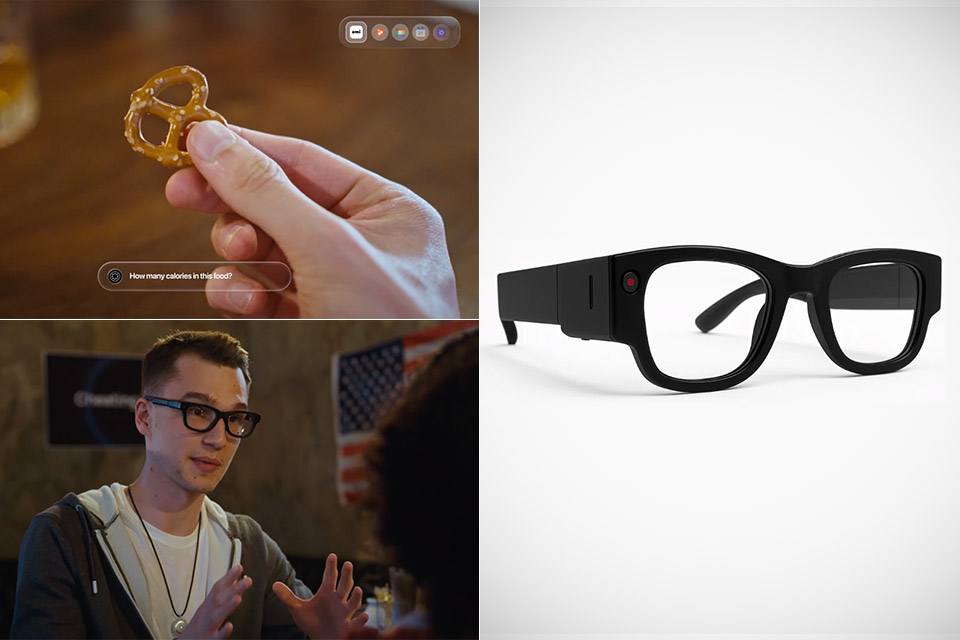
Omi’s Glass Dev Kit doesn’t just dip its toes into the smartglasses game—it dives in headfirst, waving a flag of open-source freedom and daring to outshine Meta’s Ray-Ban Stories. This $299 kit from San Francisco’s Omi AI isn’t a shiny, ready-to-wear gadget; it’s a sandbox for makers, coders, and dreamers. With a camera, Bluetooth, Wi-Fi, and a battery life that claims to lap Meta’s offering six times over, it’s a big bet on the DIY crowd.
At its core, the Glass Dev Kit is a mix of scrappy accessibility and big ambition. You get a XIAO ESP32S3 board packing a microphone, Wi-Fi, and Bluetooth, plus six 150mAh batteries for serious staying power. But don’t expect a polished package—you’ll need to 3D-print your own glasses mount using provided STL files and flash the firmware through Arduino IDE. It’s hands-on, requiring soldering, assembly, and a bit of patience for troubleshooting.
- Move effortlessly through life with Ray-Ban Meta glasses. Capture photos and videos, listen to music, make hands-free calls or ask Meta AI* questions...
- Take on life with AI* that helps you flow through your day. When activated, Meta AI can analyze your surroundings and provide context-rich suggestions
- With live translation, you can hear translations in real-time between French, Italian, Spanish and English, no wifi needed

These glasses capture audio and video, beaming it to a mobile app (on iOS and Android) for transcription and storage. You can save conversations locally or in the cloud, with encryption and a quick-delete option for privacy buffs. The app is compatible with tools like Zapier and Google Drive, and a community-driven app store already flaunts 250 apps. Plus, a brain-computer interface module, teased for Q2 2025, promises to read brain waves with an fNIRS chip to gauge focus or intent.

How well it works depends on your hustle. Setting it up means cloning the OmiGlass GitHub repo, wrangling dependencies, and wrestling with Arduino IDE to load firmware. Once it’s running, though, the glasses shine at recording and summarizing conversations, a lifesaver for students grabbing lecture notes or pros distilling meeting takeaways. The battery life delivers as promised, outlasting Meta’s by a mile, though exact runtime varies with your setup.
The real magic happens in Omi’s community. The Based Hardware Discord teems with setup tips, coding challenges, and paid bounties for devs. The GitHub repo is a living treasure chest of content to say the least. Unlike Meta’s locked-down ecosystem, Omi’s is a free-for-all where anyone can build apps, redesign hardware, or modify the glasses for a better fit.
It’s not all smooth sailing. The glasses lean on a clunky web interface instead of a slick mobile app, and that brain-interface module is still just a cool idea. Pre-orders, shipping in Q2 2025, include an audio-only module and swappable covers, but the first 5,000 buyers get dibs on the brain module, adding a touch of VIP status to this open-source party. At $299, it matches Meta’s Ray-Bans but demands coding or hardware skills.










